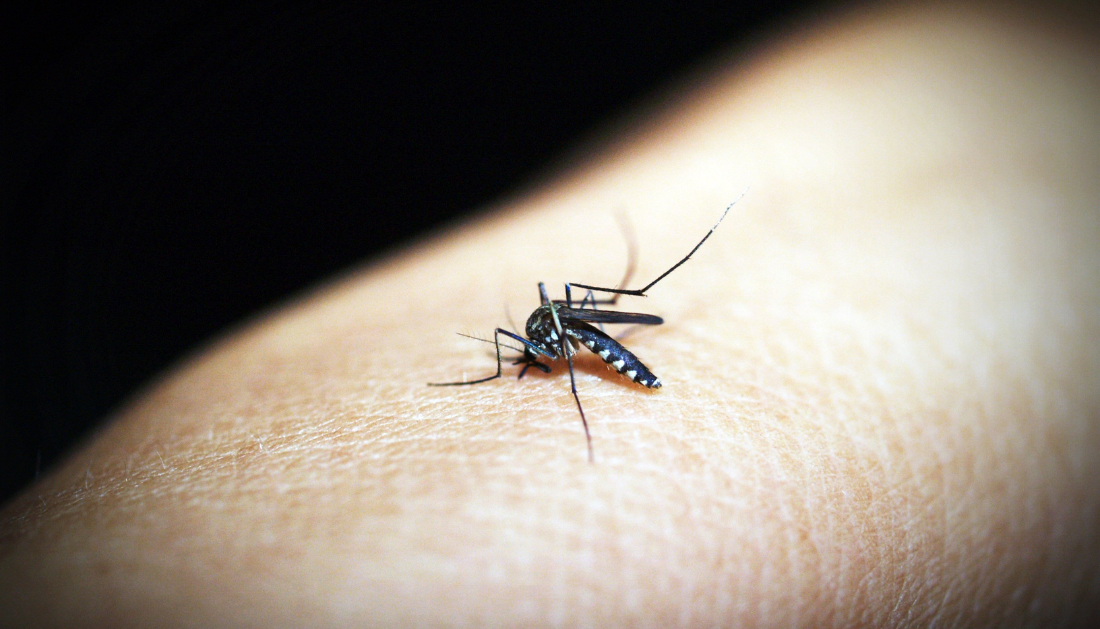

New World Health Organization (WHO) estimates show that an estimated 2.2 billion malaria cases and 12.7 million deaths have been avoided since 2000, yet the illness remains a severe global health issue, particularly in the WHO African Region.
According to WHO’s most recent World Malaria Report, there were an expected 263 million malaria infections and 597 000 deaths worldwide in 2023. This reflects around 11 million more cases in 2023 than in 2022, with nearly the same number of deaths. Approximately 95% of the deaths occurred in the WHO African Region, where many at-risk individuals continue to lack access to the services required to prevent, identify, and treat disease.
No one should die of malaria; yet the disease continues to disproportionately harm people living in the African region, especially young children and pregnant women. An expanded package of lifesaving tools now offers better protection against the disease, but stepped-up investments and action in high-burden African countries are needed to curb the threat.”
Dr. Tedros Adhanom Ghebreyesus, WHO Director-General
Clear growth in many countries.
As of November 2024, 44 nations and one territory had been certified malaria-free by WHO, with many more making steady progress toward that goal. Of the 83 malaria-endemic nations, 25 currently report fewer than 10 occurrences of malaria per year, up from 4 in 2000.
Since 2015, the WHO African Region has reduced malaria mortality by 16%. However, the predicted 2023 mortality rate of 52.4 deaths per 100,000 people at risk is still more than double the target level of 23 deaths per 100,000 people established by the Global technical plan for malaria 2016-2030, indicating that progress must be expedited.
Earlier this year, Ministers of Health from 11 African countries that account for two-thirds of the global malaria burden (Burkina Faso, Cameroon, Democratic Republic of the Congo, Ghana, Mali, Mozambique, Niger, Nigeria, Sudan, United Republic of Tanzania, and Uganda) signed a declaration pledging to sustainably and equitably lower the disease burden and address the root causes by strengthening national health systems, improving coordination, and ensuring strategic use.
A broader use of effective techniques provides renewed hope.
Along with increased political commitment, the wider implementation of WHO-recommended measures is expected to promote more gains in malaria-endemic countries. As of December 2024, 17 nations had incorporated malaria vaccines into routine childhood immunization. The continuous expansion of vaccines in Africa is likely to save tens of thousands of child lives each year.
New-generation nets, which provide better malaria protection than pyrethroid-only nets, are becoming more widely available, helping to overcome pyrethroid resistance in mosquitos. In 2023, these new varieties of nets made up 78% of the 195 million nets sent to Sub-Saharan Africa, up from 59% in 2022.
Funding remains a significant impediment to further advancement.
Global funding for malaria management remains insufficient to reverse present trends, particularly in high-burden African nations. Total financing in 2023 is expected to be around $4 billion, falling significantly short of the Global technical strategy’s funding target of $8.3 billion. Insufficient funding has resulted in significant gaps in the availability of insecticide-treated nets, medicines, and other life-saving equipment, particularly for those most vulnerable to the disease.
Beyond finance, malaria-endemic nations face unstable health systems, inadequate surveillance, and emerging biological threats such as medication and pesticide resistance. Conflict, violence, natural disasters, climate change, and population displacement are exacerbating already pervasive health disparities among people at higher risk of malaria, such as pregnant women and girls, children under the age of five, Indigenous Peoples, migrants, people with disabilities, and those living in remote areas with limited healthcare access.
Closing gaps in malaria care through equity-driven action
This year’s World Malaria Report emphasizes the need for a more inclusive and effective response to reach people who are most vulnerable to the disease. WHO encourages countries to promote primary health care as the foundation for equitable and efficient health systems. Countries are encouraged to implement initiatives that address malaria’s underlying causes, such as gender disparities and other health determinants.
WHO also advocates for investments in comprehensive data systems capable of monitoring health disparities, including the collecting and analysis of data disaggregated by gender, age, and other social stratifications. Equity, gender equality, and human rights should be at the heart of antimalarial innovation, with those most affected by the disease included in the development and evaluation of novel instruments and approaches.
Source: WHO
more recommended stories
 AI Predicts Chronic GVHD Risk After Stem Cell Transplant
AI Predicts Chronic GVHD Risk After Stem Cell TransplantKey Takeaways A new AI-driven tool,.
 Rising Measles Cases Prompt Vaccination Push in NC
Rising Measles Cases Prompt Vaccination Push in NCKey Highlights 15 confirmed Measles cases.
 High-Fat Diets Cause Damage to Metabolic Health
High-Fat Diets Cause Damage to Metabolic HealthKey Points Takeaways High-fat and ketogenic.
 Chronic Brain Compression Triggers Neuron Death Pathways
Chronic Brain Compression Triggers Neuron Death PathwaysKey Takeaways Chronic brain compression directly.
 Texas Medical Board Releases Abortion Training for Physicians
Texas Medical Board Releases Abortion Training for PhysiciansKey Takeaways Texas Medical Board has.
 Needle-Thin Brain Implant for Layer-Specific Brain Research
Needle-Thin Brain Implant for Layer-Specific Brain ResearchKey Takeaways Researchers have developed a.
 Pancreatic Cancer Research: Triple-Drug Therapy Success
Pancreatic Cancer Research: Triple-Drug Therapy SuccessKey Summary Spanish researchers report complete.
 Immune Cell Epigenome Links Genetics and Life Experience
Immune Cell Epigenome Links Genetics and Life ExperienceKey Takeaway Summary Immune cell responses.
 Chronic Pain Linked to CGIC Brain Circuit, Study Finds
Chronic Pain Linked to CGIC Brain Circuit, Study FindsKey Takeaways University of Colorado Boulder.
 High-Intensity Training and Oxidative Stress Insights
High-Intensity Training and Oxidative Stress InsightsNew Evidence Linking High-Intensity Training and.

Leave a Comment